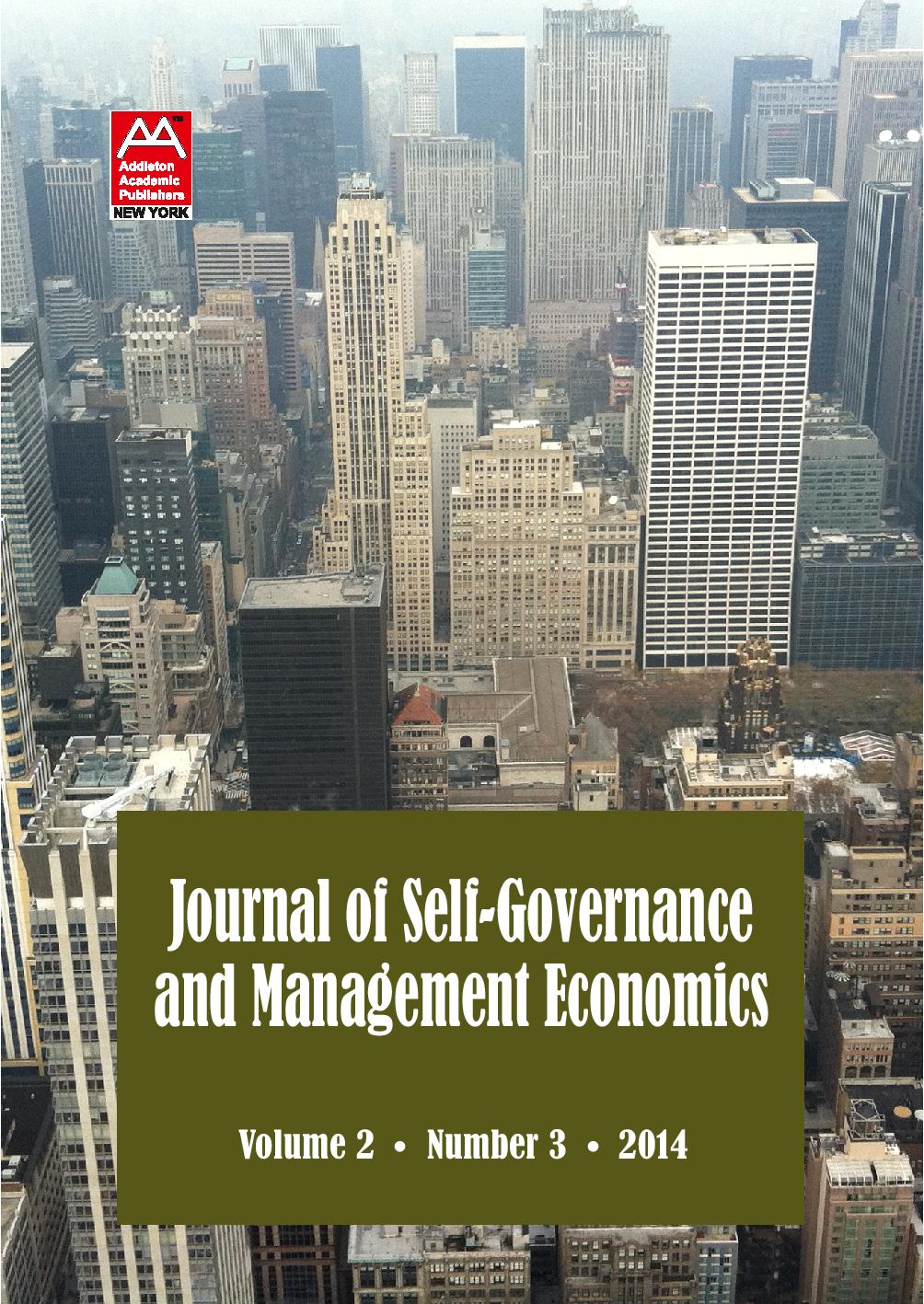THE ECONOMICS OF STRUCTURED LEASING
THE ECONOMICS OF STRUCTURED LEASING
Author(s): João M. Pinto, Luis PachecoSubject(s): Supranational / Global Economy
Published by: Addleton Academic Publishers
Keywords: leasing; structured leases; leveraged leases; synthetic leases
Summary/Abstract: This paper provides details on the characteristics of structured leasing transactions and surveys the existing theoretical and empirical research. A structured leasing is a new and highly flexible transaction that develops synergies between funding policy, risk management of the underlying assets, and tax benefits. It is used in particular transactions involving complex and large-scale assets, such as airplanes, ships, industrial plant and equipment, and large real estate projects. The existing literature shows that structured leasing creates value by increasing liquidity and funding, reducing the funding costs, allowing sponsors to attain greater leverage and to increase tax shields, improving lessees’ risk management, and allowing lessees to maintain financial flexibility, by improving or maintaining financial ratios. However, structured leasing deals also have disadvantages. The most commonly reported drawbacks in the literature are complexity, off-balance sheet treatment, higher transaction costs than straight leasing transactions, and wealth expropriation.
Journal: Journal of Self-Governance and Management Economics
- Issue Year: 2/2014
- Issue No: 3
- Page Range: 94-116
- Page Count: 23
- Language: English
- Content File-PDF

